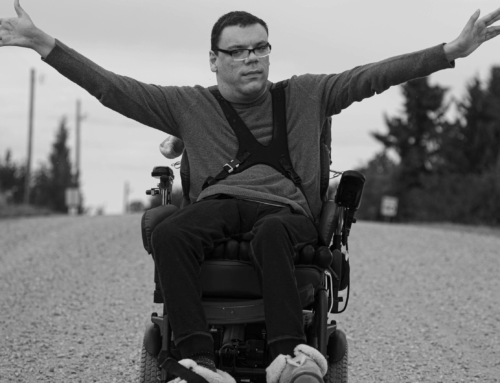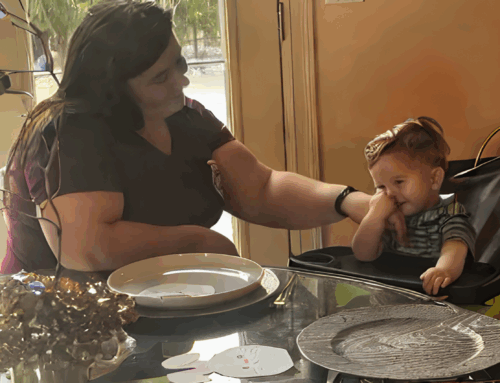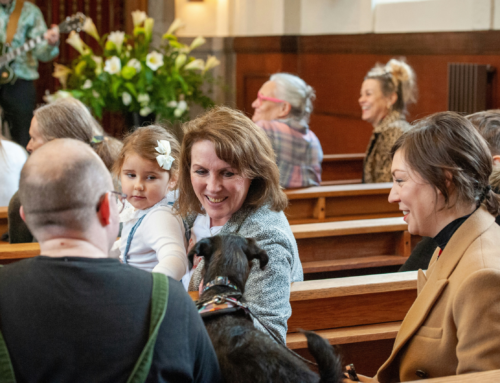 As a Sociology professor at Redeemer University College, I teach a course on Disability and Society. This is one of my favourite courses to teach, as I can draw on my background in L’Arche, Community Living, and Christian Horizons, and introduce my students to the humanity of people they might have overlooked before.
As a Sociology professor at Redeemer University College, I teach a course on Disability and Society. This is one of my favourite courses to teach, as I can draw on my background in L’Arche, Community Living, and Christian Horizons, and introduce my students to the humanity of people they might have overlooked before.
I had my own eyes opened when I first met my friend Brian some years ago. Brian was able to communicate with me via a symbol book, hand gestures and vocal sounds. He could also understand my verbal speech. I had to learn the language of his ways of communicating, yet he was the person labelled as ‘disabled’. This encounter has fuelled my research and teaching for the past fifteen years. When I taught my course this Spring, I was again reminded of Brian when I led our class in an exercise of ‘lenses’, ways of seeing and understanding the concept of disability. The ‘biomedical lens’ reduces disability to a bodily problem, in need of a ‘cure’. When a cure hasn’t been available, our society has responded by trying to control people with disabilities. The ‘charity lens’ makes the person with disability into an object of pity, someone who is one of the ‘unfortunates’. The ‘economic lens’ views disability as a series of calculations, primarily in terms of cost and deficit. To be honest, the ‘sociological lens’ hasn’t always been an improvement, lumping discussion of disability into the broader category of ‘social deviance’.
Thank God for Brian, for my encounter with him and my continued relationships with people who are considered to be disabled. Brian is a whole person, with his likes and dislikes, his own personality and his own ways of contributing to the broader community. While I think my course provides my students with a valuable experience, it isn’t through an academic lens that we best come to know and understand people with disabilities, but instead through lived relationships. To introduce my students to these relationships, I introduce them to L’Arche and Christian Horizons through class trips, encourage my students to do their internships with these organizations, and invite guests (including Redeemer alumni) with disabilities to come to class to share their life experiences with my students. I also tell my students, “if you want to change the world, begin by getting to know someone who you see as different from yourself. You’ll quickly find out that you have much in common”.
The only way we can begin to change the world is through building relationships and stepping out of our own comfort zones. Take a moment to think of an encounter that has opened your eyes and expanded your horizons in a positive way. Then take a moment to thank God for this individual, and for making you both channels of God’s peace.
Dr. Timothy Epp is the Associate Professor of Applied Social Sciences at Redeemer University College in Ancaster, Ontario. His Ph. D. Dissertation (1999, Anthropology at York University) was on People First: Voicing Disability, Embodied Identity and Social Policy in Ontario.


